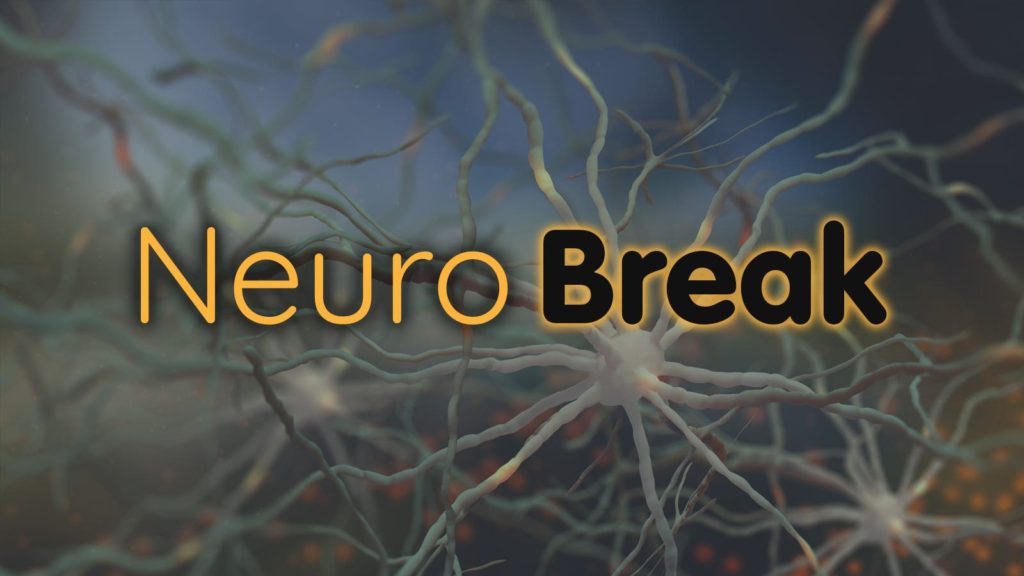A U.K. Biobank analysis linked all-cause dementia with hospital-treated infection; cardiovascular health modified the relationship. (Alzheimer’s & Dementia)
A reduction in plasma amyloid-beta 42/amyloid-beta 40 raised the risk of subsequent epilepsy. (Neurology)
Researchers used a deep learning model to stratify the risk of progression from mild cognitive impairment to Alzheimer’s disease. (iScience)
Age-adjusted serum neurofilament light (NfL) Z scores were higher in children with neurologic diseases than healthy kids. (Lancet Neurology)
Among people who survived out-of-hospital cardiac arrest, hypothermia had no significant effect on cognitive function or societal participation compared with normothermia at 6 months. (JAMA Neurology)
The World Health Organization (WHO) added three multiple sclerosis (MS) drugs to its latest essential medicines list: cladribine (Mavenclad), glatiramer acetate (Copaxone), and off-label rituximab (Rituxan).
Consensus guidelines on assessing, managing, and treating acetaminophen poisoning were published. (JAMA Network Open)
People who lived in less affluent neighborhoods were less likely to be seen at a specialty memory clinic. (Neurology)
Maternal diet in early pregnancy may influence the brain health of children and grandchildren, a worm study suggested. (Nature Cell Biology)
Meet Phineas, a wobbly, sassy orange tabby with cerebellar hypoplasia and close to 2 million social media followers who has helped his neuroscientist humans raise awareness about brain disorders. (Sydney Morning Herald)
-
Judy George covers neurology and neuroscience news for MedPage Today, writing about brain aging, Alzheimer’s, dementia, MS, rare diseases, epilepsy, autism, headache, stroke, Parkinson’s, ALS, concussion, CTE, sleep, pain, and more. Follow
Please enable JavaScript to view the

